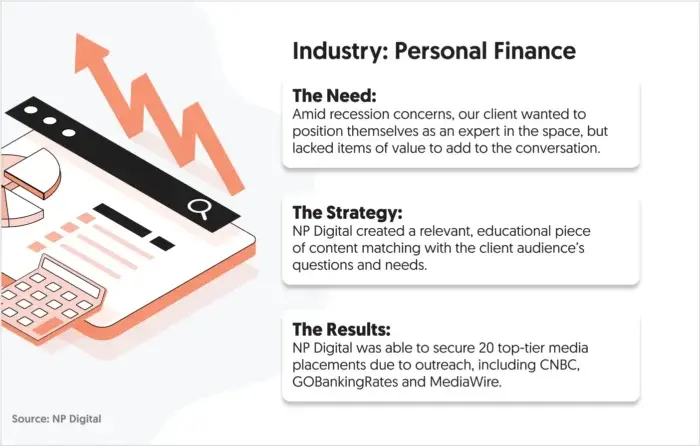Impacts of Machine Learning on the App Development Industry
Our daily lives have already started revolving around machine learning technology in one way or another. From personalized streaming recommendations on apps such as Netflix or Spotify to a curated list of product recommendations on eCommerce platforms such as...

Our daily lives have already started revolving around machine learning technology in one way or another. From personalized streaming recommendations on apps such as Netflix or Spotify to a curated list of product recommendations on eCommerce platforms such as Amazon, machine learning is existing slowly everywhere.
In the smartphone industry, machine learning algorithms are now used as native features to make phones more secure and private. These algorithms use big data to apply security protocols on devices that increase their protection against hack attempts and data stealing.
Relatively, the smartphone app segment is also seeing a rise in shaking hands with machine learning experts to build apps that are much safer, more personalized, and more efficient. From improving user satisfaction to user trust, developers are looking at machine learning algorithms with the hopes of competitive advantages. But, it is crucial to identify how impactful machine learning algorithms are for the app industry? We are discussing that in this blog. So, stay with us until the end.
1. Promoting the Culture of Personalization
Machine learning has pushed the idea of personalization among different segments of apps in the global market. The unsupervised machine learning algorithms are used to track user behavior to predict user preferences. Accordingly, the AI updates the user interface and users get suggestions shortlisted just for them. As mentioned above, streaming and eCommerce segments are already using this application of machine learning. However, some other categories such as virtual education, healthcare, and more are also adapting the culture of personalization in mobile applications.
2. Evolved Wireless Networking Between Devices
By pairing up with other technologies such as the Internet of Things (IoT), machine learning is optimizing the wireless culture across multiple regions. The smartness that it puts into processes is useful in making wireless devices more efficient and secure. For instance, home security systems are one of the most popular IoT trends that are getting normalized.
These trends include devices and apps that use machine learning algorithms to monitor homes for security purposes and raise alerts if needed to inform the user. Some additional features that are provided with this technology include motion detection, night vision, and alerting emergency services if needed. As machine learning is proven to be a very helpful tool in such applications, the popularity and demand for IoT home security services that can be paired up with smartphone homes are increasing.
3. Helping Companies With R&D Tasks
Research and development strategies often require core statistics for their best possible impacts on results. Thus, machine learning frameworks use algorithms to build apps to keep a record of user behavior and trends to generate big data. This big data, paired with predictive analytics tools, is used to form foolproof strategies. Now, the best way of collecting such data is through smartphone apps. Thus, it has become a common practice for many apps existing today to track data such as the number of hours users spend on the app, what features they use very often, how long do they stay on each feature of the app, what products they usually order, etc.
4. Enhancing Cybersecurity Aspects of the Virtual Market
Cyber security is one of the major concerns of any kind of virtual platform that are existing today. Be it smartphone apps or websites, exposure to cyberattacks is as large as the popularity of the brand is. According to this Statista report, Finance is the most targeted segment by cyber attackers in the global market. Now, machine learning is coming out as an effective shield against these cyberattacks that does not only protect applications but also counterattack by generating the data that helps in strengthening these security measures further.
Today, with tools such as predictive analytics, the historical data of cyberattacks is used to predict and counter cyber threats before they even exist. Thus, with time, smartphone apps are becoming more alert and secure. Developers have also found the most effective ways to shield apps and two-factor authentication is one of these popular protocols at the moment.
5. Increasing Adoption of Targeted Ads
Ads are one of the crucial ways which help developers in earning money even after providing apps and features entirely for free. However, wrong ads had become a pain for users and developers both in the past. But machine learning changed that part of the scene and helped developers and ad experts in creating networks that target and reach the right audience. These ads use AI and ML algorithms to identify the right segment of the user that might be interested in knowing more about the service or products. The predictive analytics part of the technology helps advertisers in landing the right ad on the screen of the right audience to reduce the percentage of annoying users effectively.
Wrapping Up
Well, these were a few examples to showcase to you how machine learning is transforming the app development industry for the global market. Now, as machine learning is an evolving technology and it keeps changing with time, it is clear that even after all these privileges that it has gifted developers, the technology still has much-unexplored potential left. With time as its remaining potential keeps coming into the light, it will be interesting to see how developers find new ways to optimize the app usage experience accordingly.
In the end, we hope you found this blog useful. We will return with such informative articles soon but meanwhile, do not forget to explore already published blogs to increase your knowledge and understanding of different other concepts existing in the IT market.

 Troov
Troov 
































